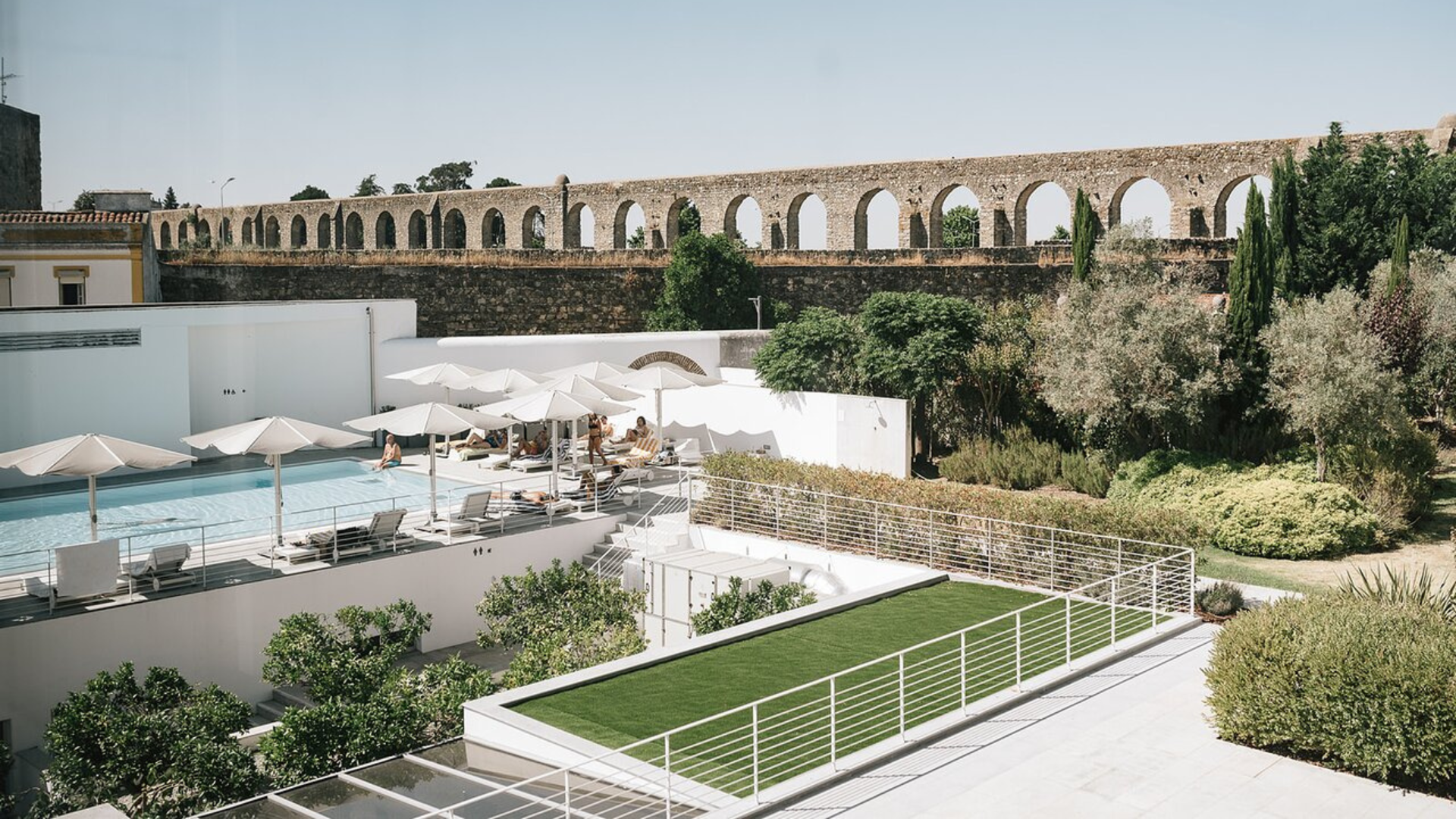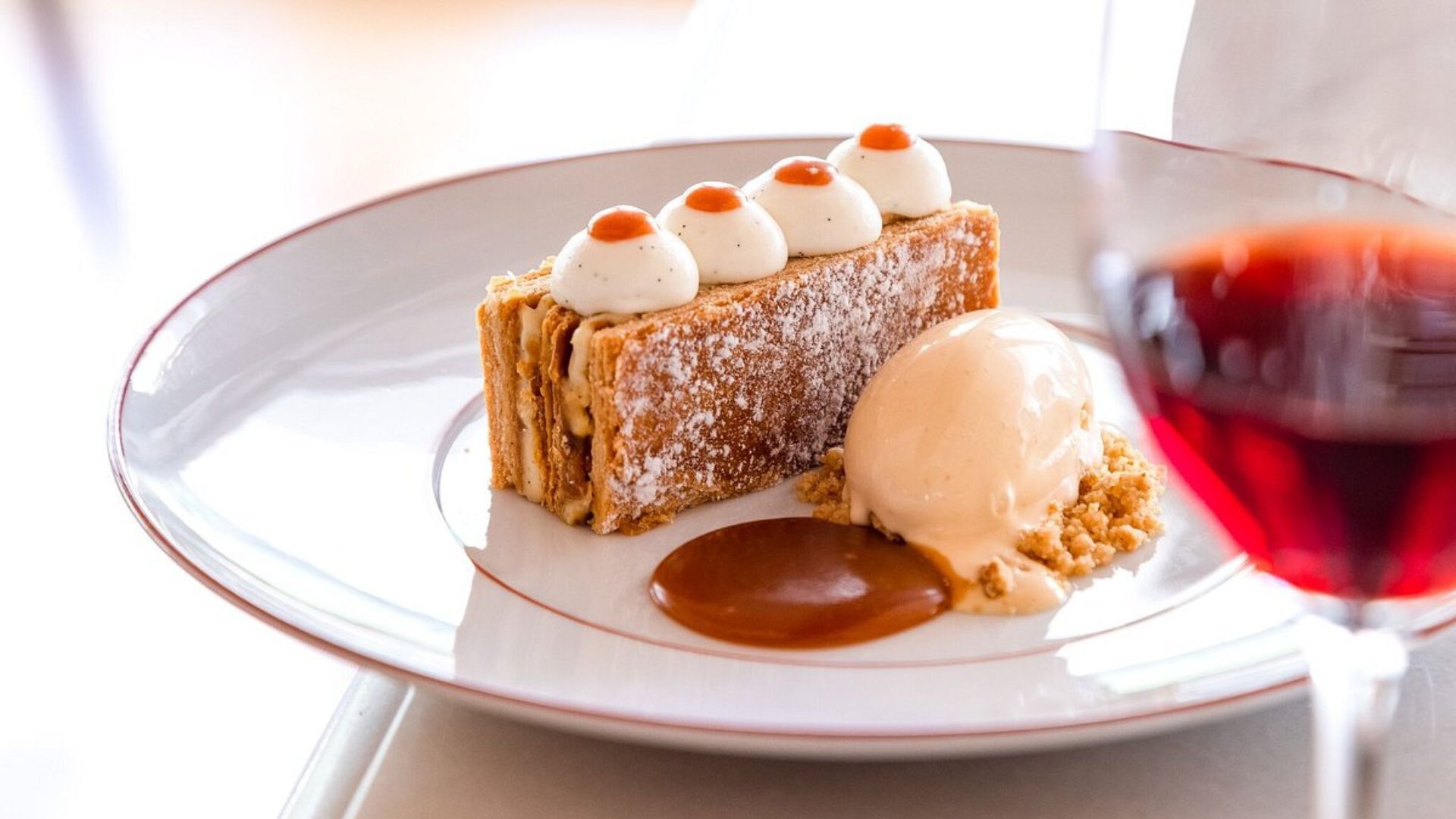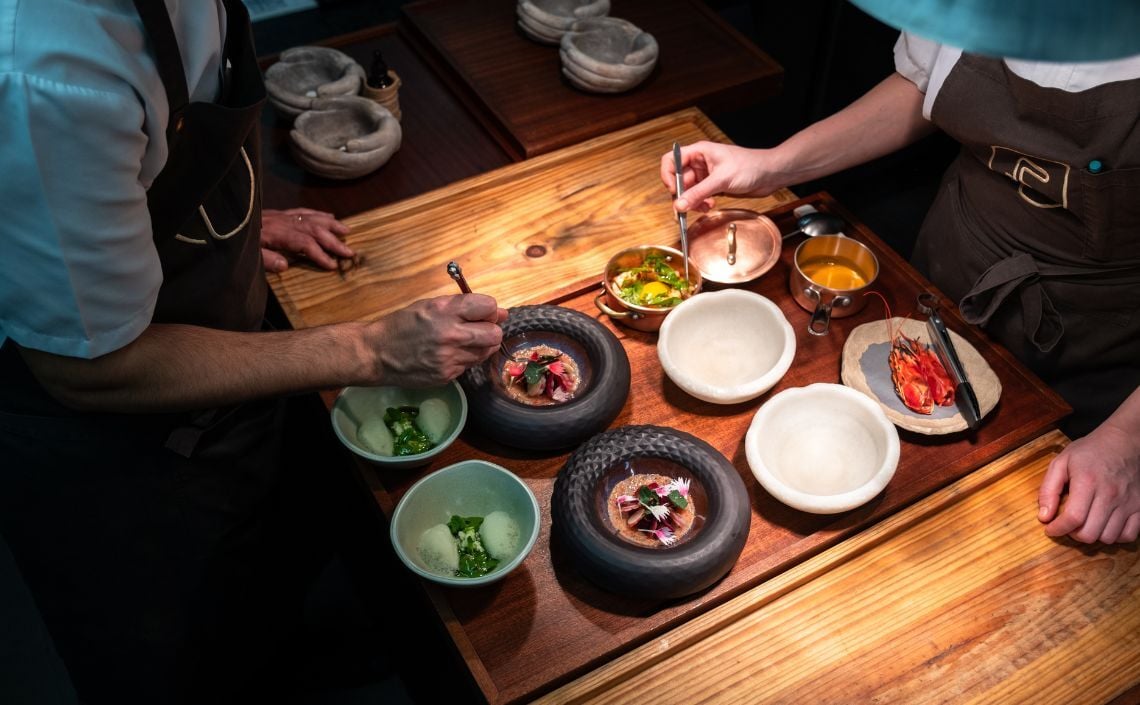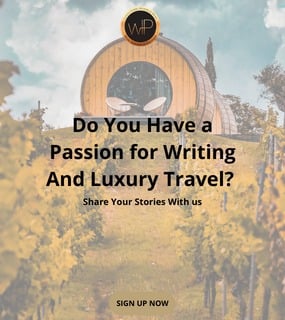Chef João Rodrigues is a renowned figure in Portuguese gastronomy, celebrated for his innovative approach to cooking and deep commitment to sustainability. Over the years, he has shaped the culinary landscape with his unique blend of tradition and creativity, earning him accolades and recognition both in Portugal and internationally. In this exclusive interview, Chef João Rodrigues shares insights into his journey, the inspirations behind his culinary creations, and his future projects, including his much-anticipated new restaurant, Monda. Join us as we delve into the mind of one of Portugal's most influential chefs and explore the philosophy that drives his passion for cooking.
.jpg?width=1920&height=1080&name=Canalha%20(1).jpg) Chef João for Canalha Comporta
Chef João for Canalha Comporta
1. Your career has had a remarkable impact on Portuguese gastronomy. For those who are not yet familiar with your career, please tell us a little about your background and how your passion for cooking came about. Who is Chef João Rodrigues?
Those are difficult questions... Deep down I'm a passionate person, I like simplicity and that's something that moves me. The simplest things are always the hardest, but they're always the most impactful. I'm passionate about what I do, I love what I do and I've come a long way, I think that as kitchen professionals and chefs, we have a role that can be a little more or less active, and we should take advantage of the media coverage that this profession brings us to be able to pass on some messages and that's what I try to do.
2. How did your childhood and the environment in which you grew up influence your love of cooking and your preference for national products?
Very much so. I think that all of us, and I was talking about this just the other day, develop a taste, and taste is something that is gradually refined, and it is something that is always very personal, which is why it is so difficult for our profession to be so congregating and to please everyone (which is impossible) because food is a universal language that is interpreted by each of us in our way. The way we grew up, how we eat how we relate to food, and how our family - which is our base - relates to food is fundamental. I think that in my case, I got into cooking because, in the first instance, I like to eat. I owe a lot of that to the relationship I have with my father and the relationship my father has with food, and with the nature of the products. I remember going to the market as a child and tinkering with the ingredients, the produce, the beans - I remember it all well. My father is a hunter, and a fisherman and I've always had access to more local, out-of-the-box products. This has always been very normal for me, and it touched me in an impactful way.
3. Is there a chef you admire in the culinary world?
Over the years I've had several chefs that I like. I think one of the main ones who has always touched me is Thomas Keller, I've always loved his style. He's not one of the most talked about chefs today, but he'll always be an iconic figure. I've always followed a lot of the work of French Laundry, it was a cuisine that had a very classic base, then with some creativity and with some aesthetic care and that continues to be one of the lines that I like the most. Classic bases transported to a new dimension.
.jpg?width=914&height=514&name=Canalha%20(3).jpg) Interior of Canalha Comporta
Interior of Canalha Comporta
4. What is your most creative dish?
Creativity is something that is very difficult these days, especially for someone to be able to say that they are creative because to be creative you need a lot of means, a lot of people around you, and a lot of conditions to do it. You always have to be careful when you talk about creativity because so many things have already been done, created, and thought of. I would say that I have many dishes that I would say are signature dishes, but since we're here at Canalha, I can give you an example of a Canalha dish that I brought from Feitoria. "Squid/ Lula de Toneira” - a squid on a hook - with sheep's butter. The aim of this dish is very basic, to associate the idea of salty with products that come from the sea, and perhaps sweet with products that come from the land. And here the positions are reversed a little. I chose squid precisely because of its sweetness. This dish isn't cooked with added salt, it's squid cooked quickly, and then a sauce is made with sheep's butter, which is a very animal thing, which contrasts with the sea, and which is salty in itself. Here we have the salty that comes from the land and the sweet that comes from the sea. The combination of these two things, which you wouldn't think would connect, makes this dish iconic.
Canalha "It's a space that brings it all together, it's the exultation of what a restaurant should be, where we go to feel good, happy, and at ease.", said Chef João Rodrigues.
5. Since the subject of cuisine is on the table, tell us what sets Canalha restaurant apart from the rest?
I think the best thing about Canalha is that it has managed to uncomplicate what many restaurants try to complicate. Many restaurants try to convey an image of not being too formal and of being simple and comfortable, but they put a lot of effort into the concept. O canalha, on the other hand, is a very simple, everyday restaurant. It's a restaurant that doesn't aim to be creative but focuses on using only good products, manipulating them very little, with a very straightforward cuisine and being a place of convergence, where people can feel at ease, where they can talk loudly, where they can listen to music, watch soccer, go to a special event. It's a space that brings it all together, it's the exultation of what a restaurant should be, where we go to feel good, happy, and at ease.
.jpg?width=1920&height=1080&name=Canalha%20(2).jpg) Exterior of Canalha Comporta
Exterior of Canalha Comporta
6. Given that chefs play a key role in promoting sustainable practices, your project stands out for emphasizing good agricultural practices and respect for nature. Can you share some of the practices you adopt and explain how they benefit both producers and consumers?
I developed a project called “Projecto Matéria” in 2015 when there was still no talk of producers and this close relationship between products, producers, and restaurants. All restaurants use produce, but there has never been a focus on who is on the other side. I did this with “Projeto Matéria” in 2015, and I think this project marked an era and a trend in our country, and that's my role, to have done this project without any commercial intention, and above all, it's a space open to everyone, made for anyone to use, participate in and add to.
7. Canalha Comporta opened just seven months after Canalha in Lisbon. How did the idea for this new project come about?
They are two completely different existences. We indeed realize this as time goes by, and I think that's how life is, you have to walk the path to grow. Now, this Canalha is a summer project, a bit like a summer house. We know that Lisbon is deserted in June, July, and even more in August. People go away on vacation - and we work a lot with the Portuguese public - so it was an opportunity to accompany those who visit us on vacation and, curiously, that's what happens. We have a lot of people now in August who are on vacation here, and who take the opportunity to visit Canalha Comporta, which is basically the same restaurant, with the same menu, albeit with adjustments to the products we use, which are local.
.jpg?width=1920&height=1080&name=Canalha%20(4).jpg) Open tortilla with Shrimp / Carpaccio
Open tortilla with Shrimp / Carpaccio
8. Could you give us an overview of the menu and explain how you select the products for your restaurant?
The first difference in the menu was the requirement to have a rice dish. This dish that we have here was created specially for this restaurant because we wanted to have a dish with rice since we're in an area where it exists per excellence. Then, trying not to change the menu, we tried to make everything vegetables, everything from local products, and we did a little Alentejo coverage (we're in the Alentejo, in a more coastal area, but we tried to have Alentejo coverage, and I think that shows in the menu).
 Photo from Observador
Photo from Observador
9. After leaving Feitoria, you managed to win first place on the list of Preferred Chefs in the 'Mesa Marcada 2023' Awards - for the first time in a personal project - how do you feel about this achievement?
I think it's a sign that restaurants are made by the people who are there, regardless of their name, and I think you can see that when you leave the restaurant and take on your project. It was good to realize that people associated Feitoria with João Rodrigues, and not so much João Rodrigues with Feitoria, although obviously, things are inseparable when we're working, but it's good to realize that there's an identity of the chef beyond the restaurant. What I feel is that the space has much more strength when it belongs to the chef himself, because then there's no way to differentiate between the two, because deep down they merge. That's what I want to convey. Canalha was almost by chance because my project after Feitoria will be Monda - a signature restaurant where I want to showcase the line I brought from Feitoria, which is my own, in a space where everything speaks the same language. This Canalha happened along the way, as I've already said, in a very organic and easy way, and I think that's why it's been so successful.
10. We've been hearing about Monda, your next project. What can you tell us about it?
More than talking about where and how it's going to be, the aim is for Monda to be a materialization of everything we've been doing over the last few years. Everything that has been done with the “Matéria project/ Projeto Matéria”, with residência, with Canalha, and even with Feitoria. Everything that has been done in these 25 years of profession, what I want is for it to culminate in this space, which has a great communion with nature, where people feel at home. It will be “my” house, I'll welcome people into my home, and I'll prepare a menu every night that's very much based on good, local produce, and that this experience is global - that it starts with the journey, and ends with dinner, but it's possible for people to sleep in and have breakfast, having an interaction with the whole space where this restaurant will take place.
11. Looking ahead, what are some of the future projects or goals that excite you? Are there any new directions you're considering for your work in Portuguese gastronomy?
I think these are already too many projects, but in any case, a lot is being prepared with the "Projeto Matéria", there is a line in which we are preparing some surprises, and soon there will be more news related to Canalha, and I think it won't be long before we know, it will be at the end of the year. There's a very strong focus on making Monda a real project and that will undoubtedly be one of next year's major objectives.







